
The Darrell McClain show
Independent media that won't reinforce tribalism. We have one Planet; nobody's leaving, so let’s reason together!! Darrell McClain is a Military veteran with an abnormal interest in politics, economics, religion, philosophy, science, and literature. He's the author of Faith and the Ballot: A Christian's Guide to Voting, Unity, and Witness in Divided Times. Darrell is a certified Counselor. He focuses primarily on relationships, grief, addiction, and PTSD. He was born and raised in Jacksonville, FL, and went to Edward H white High School, where he wrestled under Coach Jermy Smith and The Late Brian Gilbert. He was a team wrestling captain, District champion, and an NHSCA All-American in freestyle Wrestling. He received a wrestling scholarship from Waldorf University in Forest City, Iowa. After a short period, he decided he no longer wanted to cut weight, effectively ending his college wrestling journey. Darrell McClain is an Ordained Pastor under the Universal Life Church and remains in good standing, as well as a Minister with American Marriage Ministries. He's a Believer in The Doctrines of Grace, Also Known as Calvinism. He joined the United States Navy in 2008 and was A Master at Arms (military police officer). He was awarded several medals while on active duty, including an Expeditionary Combat Medal, a Global War on Terror Medal, a National Defense Medal, a Korean Defense Medal, and multiple Navy Achievement Medals. While in the Navy, he also served as the assistant wrestling coach at Robert E. Lee High School. He's a Black Belt in Brazilian Jiu-Jitsu under 6th-degree black belt Gustavo Machado. Darrell Trains At Gustavo Machado Norfolk under the 4th-degree black belt and Former Marine Professor Mark Sausser. He studied psychology at American Military University and criminal justice at ECPI University.
The Darrell McClain show
Thin Gruel, Cold Justice
Use Left/Right to seek, Home/End to jump to start or end. Hold shift to jump forward or backward.
The curtain rises on a familiar stage: a high-profile indictment, a hungry news cycle, and a country eager to assign heroes and villains. We walk through the case against James Comey—two counts linked to testimony on the Russia probe and the Clinton Foundation—and the claim that he denied authorizing press contacts. Then we pull back the camera to see what really matters: how prosecutions turn into symbols, and how symbols can warp the public’s faith in law.
We talk candidly about partisan memory—why many Democrats still blame Comey for the 2016 late-stage email announcement, and why Trump-world has spent years casting him as the arch-villain. That history shapes how the indictment lands, making the timing feel like vendetta deferred rather than neutral accountability. From there, we probe the line between justice and theater: meager evidence dressed up for prime time, ambitious prosecutors under bright lights, and a media ecosystem that converts legal process into content optimized for outrage. When every charge looks like revenge and every acquittal looks rigged, the scoreboard lights up while the rules fade.
Drawing on lessons from the late Roman Republic, we explore what happens when personal grievances weaponize legal forms: prosecutions as politics by other means, and public trust as collateral damage. We ask what it would take to restore legitimacy—clear evidentiary standards, consistent charging decisions, transparent reasoning, and political restraint that resists turning every case into a loyalty test. Comey’s personal outcome matters, but the deeper verdict will be rendered on whether people can still see law as law, not as team colors.
If this conversation helped you think past the headlines, follow the show, share it with a friend, and leave a quick review so others can find it. Your notes and questions shape future episodes—tell us: what would restore your trust in justice?
James Comey's indictment, justice, or political scoreboard. Introduction America, ever fond of the morality play, has found its latest leading man. James Comey, former FBI director, now indicted for lying to Congress and obstructing a congressional proceeding. That he should fall under indictment during the second Trumpian reign has about it the inevitability of Greek tragedy if the Greeks had been so vulgar as to cast bit players from cable news in the roles of tragic heroes. The charge is thin gruel, served cold. The indictment rests on Comey's twenty testimony regarding Russia probe and the Clinton Foundation. Did he authorize an underling to whisper to the press? He said no, the Department of Justice says yes. A grand jury in Virginia, an audience of citizens compelled to sit in judgment between reality television reruns, has obliged with two counts. One might call the evidence meager, but meager evidence has never prevented an ambitious prosecutor from mounting the stage. Attorney General Pam Bondi, no stranger to theatrical lighting, has insisted on her pound of flesh, even as career lawyers reportedly counseled retreat. In Washington, of course, thin gruel tastes better when it's served cold and with political garnish. The long chateau of Comey Democrats remember Comey as the man who, with his solemn face and pious pauses, announced the reopening of Hillary Clinton's email inquiry days before the 2016 election. They blame him for her loss, and perhaps for the twilight of their party's ancient rage eye. Donald Trump, for his part, fired Comey in 2017 and devoted half a decade to bellowing about his villainy. That the man should be indicted in the age of Trump restored feels less like coincidence than vendetta deferred. One can almost hear the ghost of Richard Nixon muttering from the beyond, if only I'd had Twitter, justice or Kabuki. What is at stake is not whether Comey is guilty. Guilt is a question for lawyers and their exhausted jurors, but whether the word justice still carries meaning outside the partisan circus. Every indictment of a political foe is dismissed as revenge. Every acquittal is chalked up to a rigged system. The scoreboard is lit, but the game itself has lost all rules. America once liked to pretend the law was a separate temple, standing aloof from politics. That illusion, like so many others, has decayed under fluorescent light. What remains is the spectacle. Ritual prosecutions, ritual outrages, ritual television panels. The real trial, the danger is not in whether Comey spends his dotech in prison or at some lecture circuit. The danger is that the public will conclude, not entirely without reason, that the justice system is merely another team sport. And when law becomes indistinguishable from politics, it becomes indistinguishable from vengeance. Rome discovered the same principle two millennia ago. Once the Republic became a stage for settling personal vendettas, the Republic itself was finished. Fred and circuses did the rest. America, always eager to borrow Rome's costumes, may now be rehearsing its own finale. Conclusion So Comey stands indicted. Whether he is acquitted, convicted, or simply forgotten in the shuffle matters less than what the trial reveals. A republic in which law no longer commands respect but suspicion, in which justice is indistinguishable from power. The irony as ever is that all parties will claim vindication. Trump will claim revenge, Democrats will claim martyrdom, and the public will claim exhaustion. The scoreboard blinks on, the Republic creaks forward injustice. That old goddess is left to weep quietly in the winds.
Podcasts we love
Check out these other fine podcasts recommended by us, not an algorithm.

The LUNSB Show with T-Bone and ChickBrew
Tony Knuckles
Over opinionated with Josh Scott
Josh scott
Don't Be Mad: A Podcast with Jamie and Abby!
Jamie Kilstein
The Back Row with Jamie Kilstein
Jamie Kilstein
Your Calvinist Podcast with Keith Foskey
Keith Foskey
BJJ Mental Models
Steve Kwan
Renewing Your Mind
Ligonier Ministries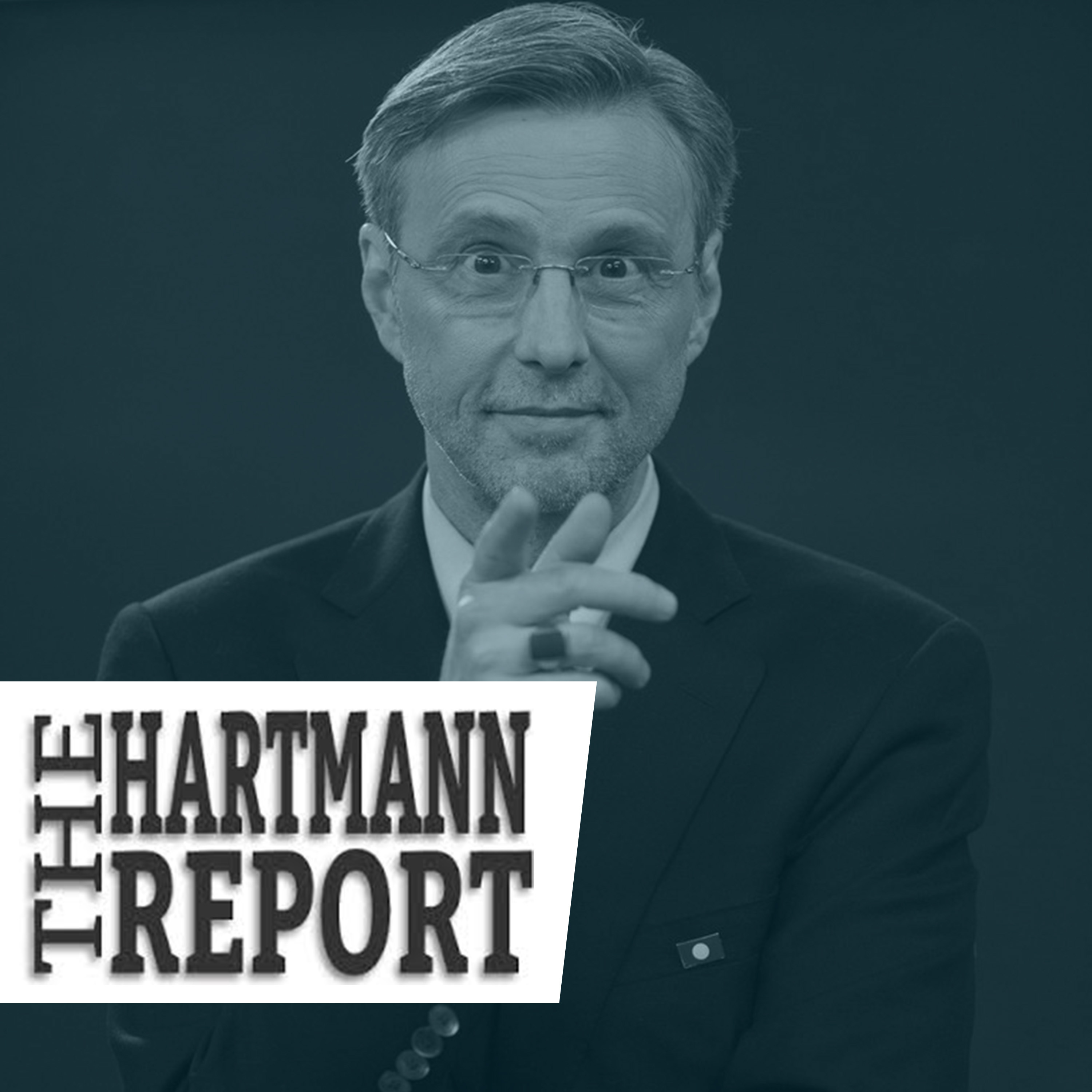
The Hartmann Report
Thom Hartmann
The Glenn Show
Glenn Loury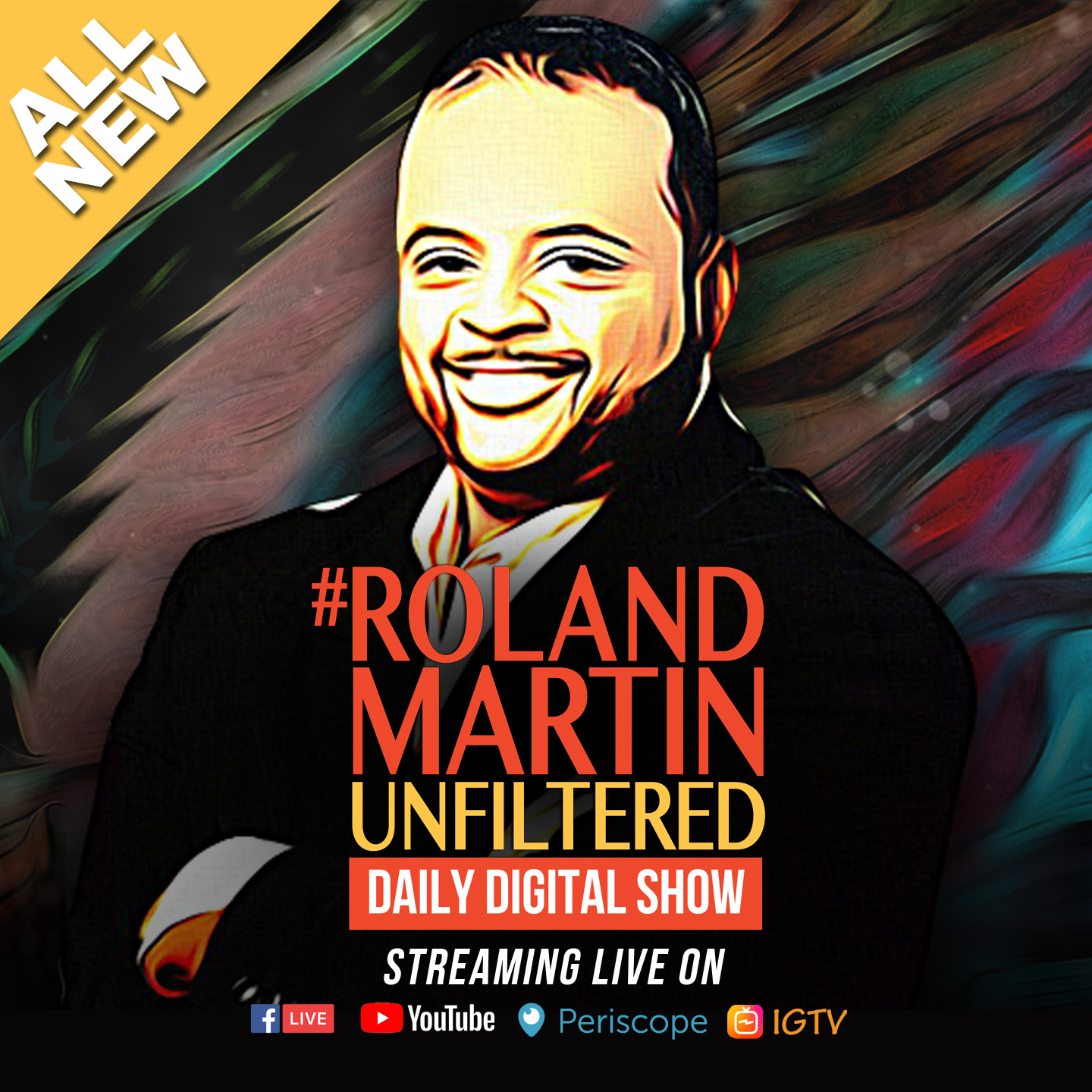
#RolandMartinUnfiltered
Roland S. Martin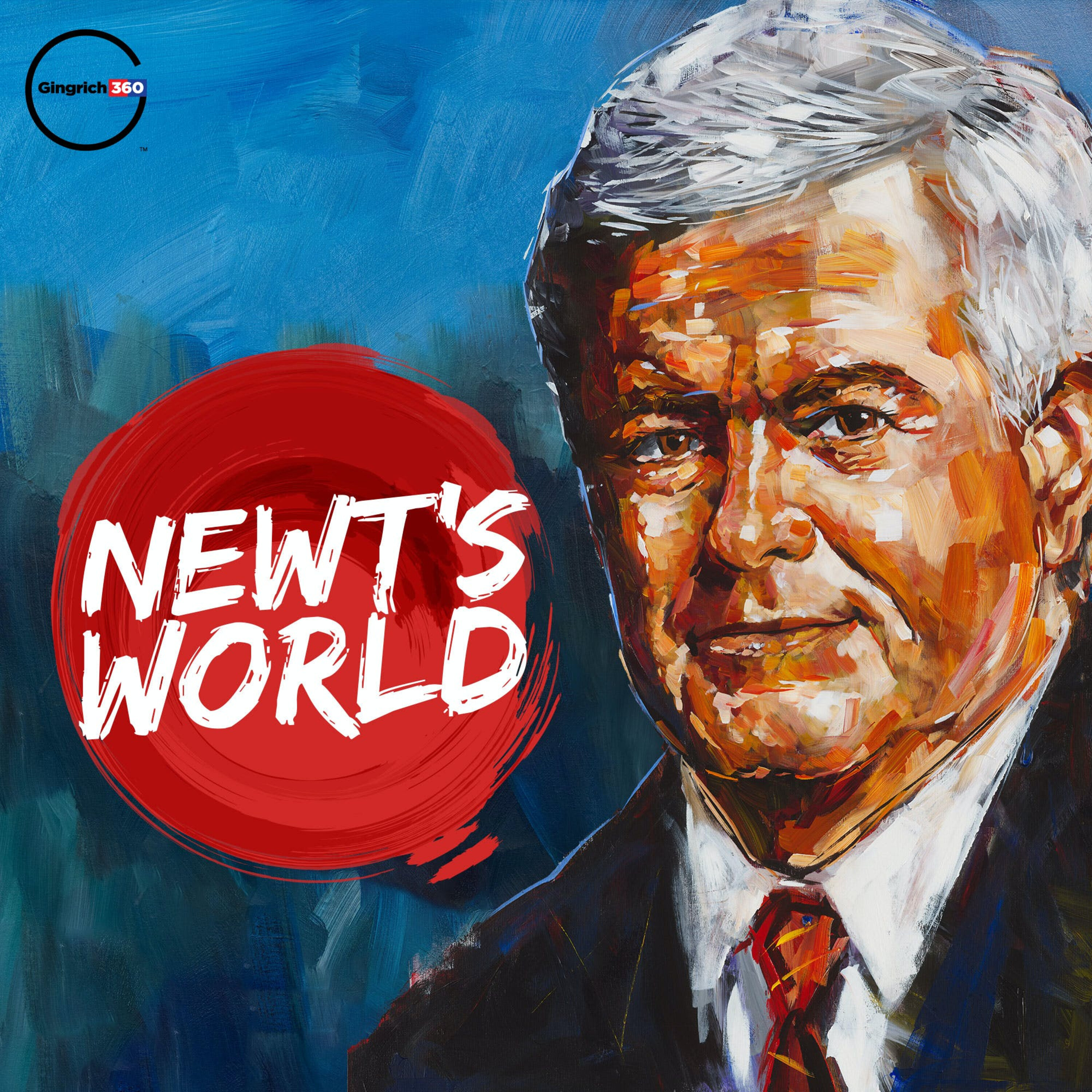
Newt's World
Gingrich 360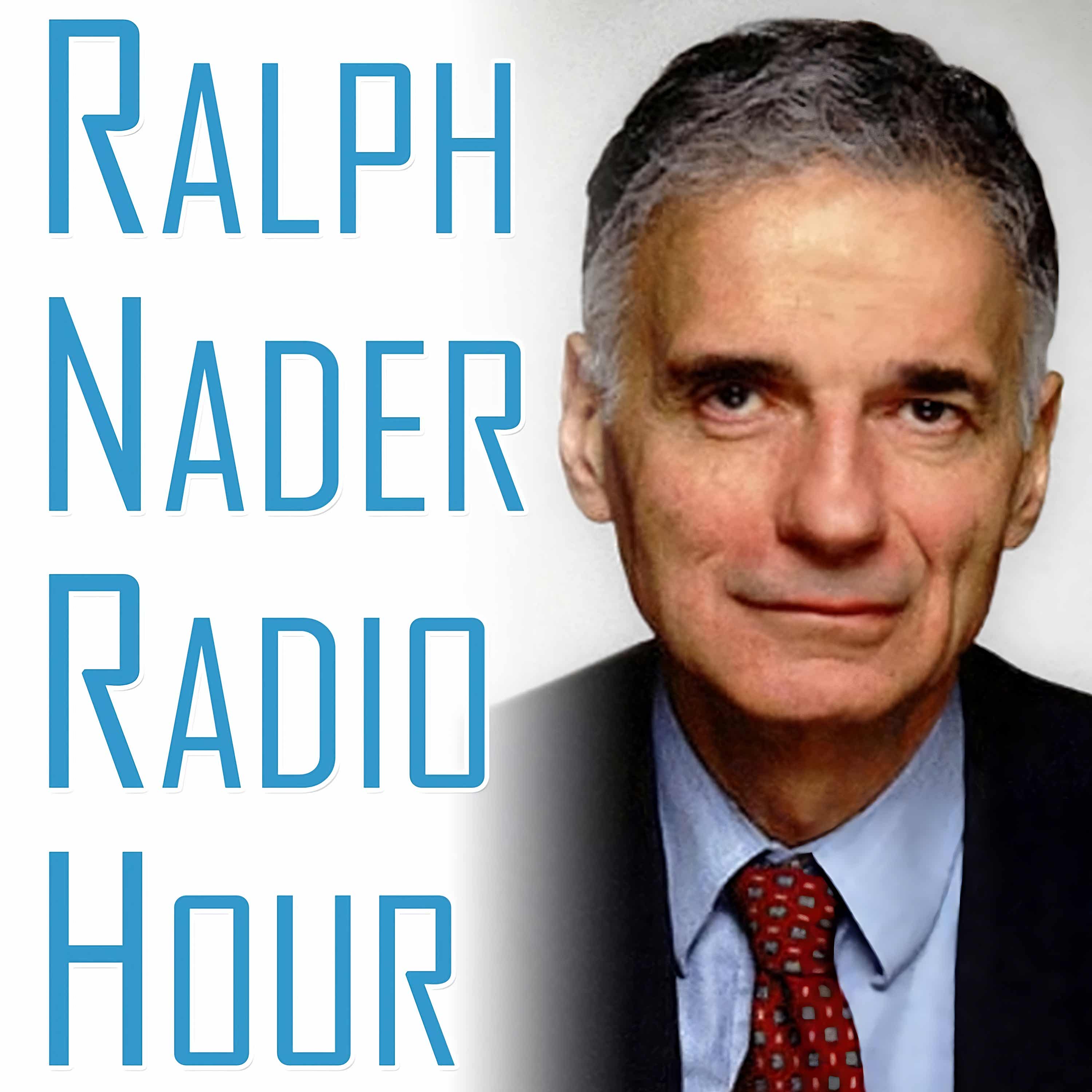
Ralph Nader Radio Hour
Ralph Nader
Bannon`s War Room
WarRoom.org
Bannon’s War Room
dan fleuette
The Young Turks
TYT Network
The Beat with Ari Melber
Ari Melber, MS NOW
The Damage Report with John Iadarola
TYT Network
The Majority Report with Sam Seder
Sam Seder
The David Pakman Show
David PakmanGet A Grip with Kendall Reusing
Kendall Reusing
Ultimately with R.C. Sproul
Ligonier Ministries
Grace to You: Radio Podcast
John MacArthur
The Briefing with Albert Mohler
R. Albert Mohler, Jr.
StarTalk Radio
Neil deGrasse Tyson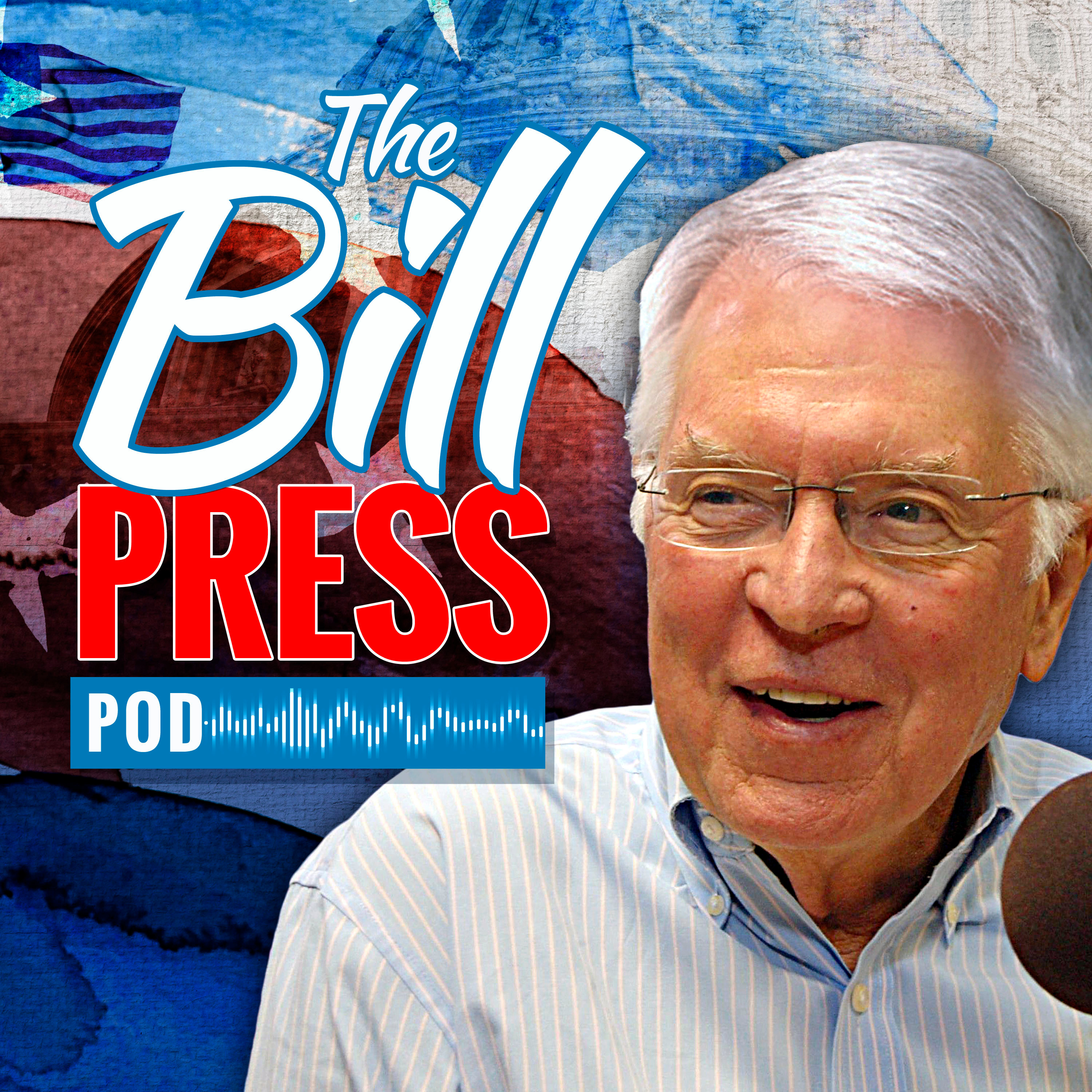
The Bill Press Pod
BP Pods
Ask Pastor John
Desiring God
The Weekly Show with Jon Stewart
Comedy Central
Ask Ligonier
Ligonier Ministries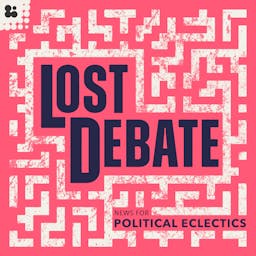
Lost Debate
The Branch
Coffee-Time-Again
Dale Hutchinson
5 Minutes in Church History with Stephen Nichols
Ligonier Ministries
The Ezra Klein Show
New York Times Opinion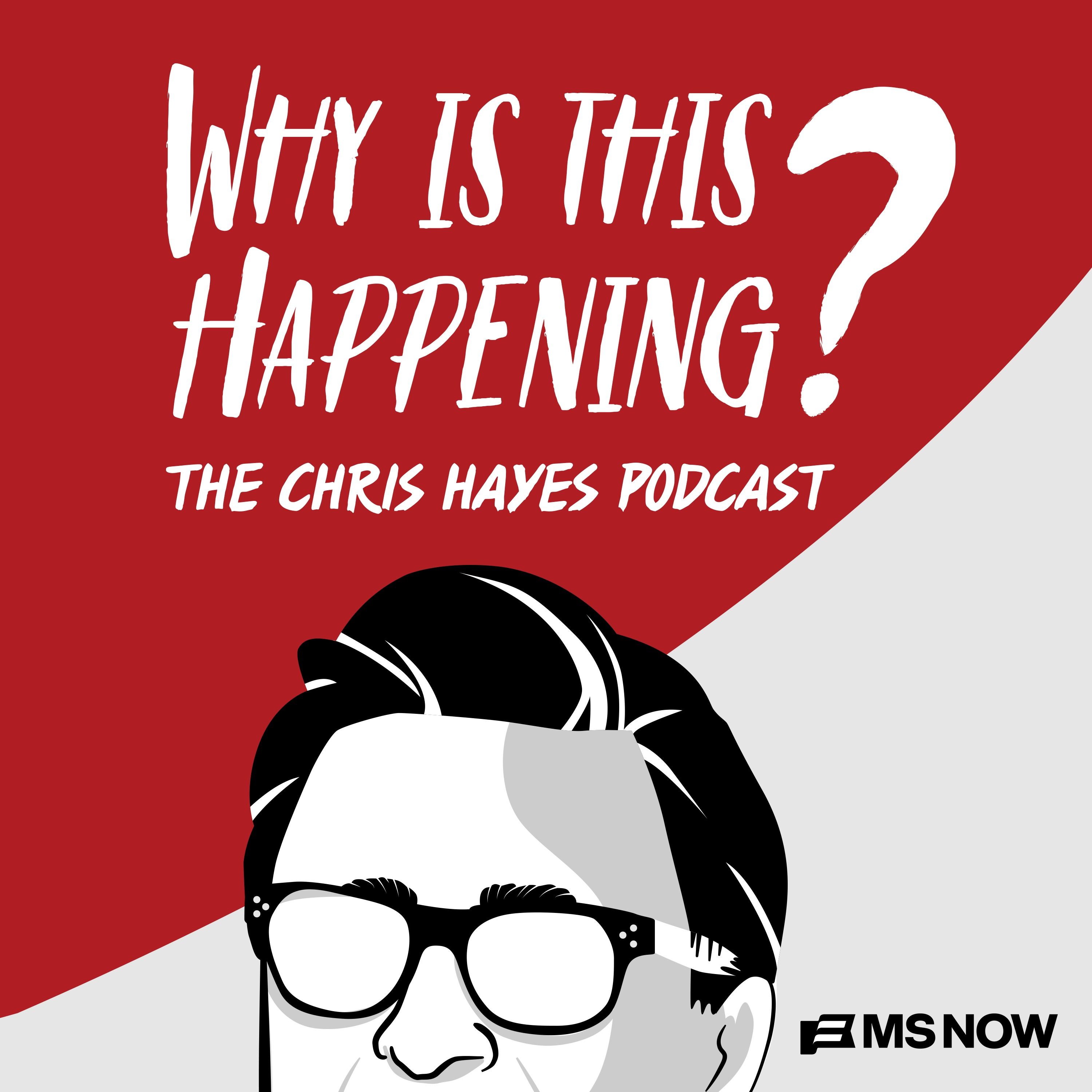
Why Is This Happening? The Chris Hayes Podcast
MS NOW, Chris Hayes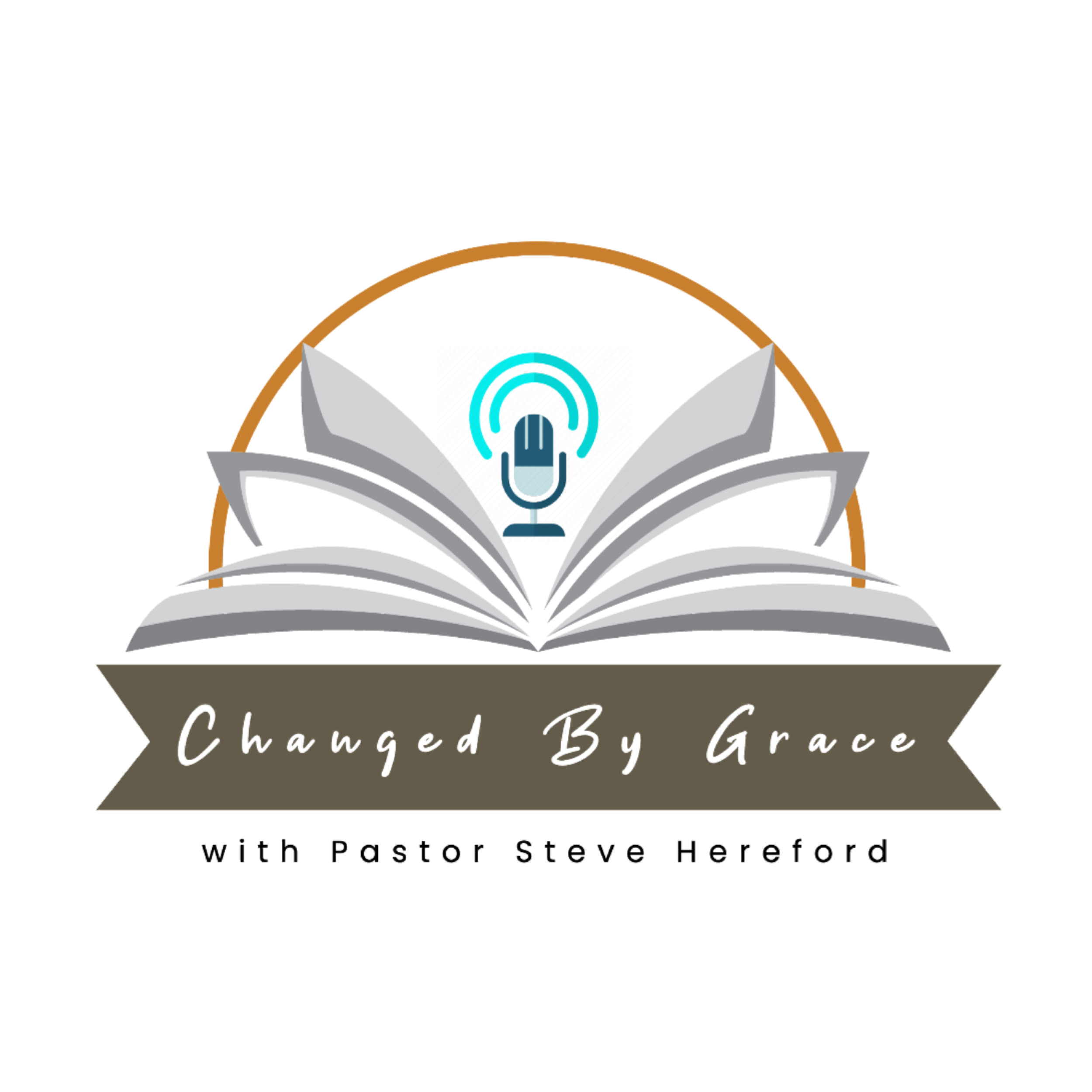
Changed By Grace
PodPoint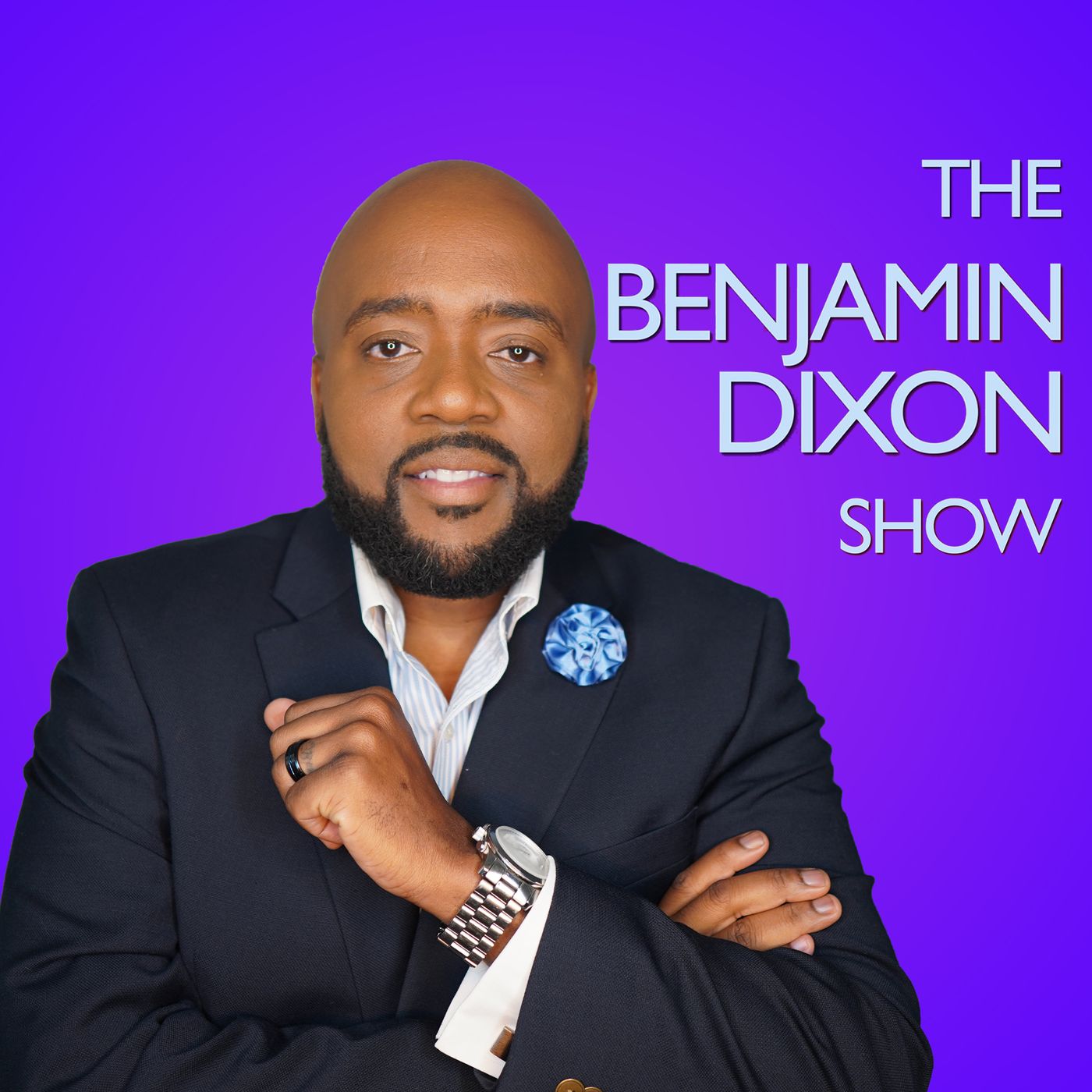
The Benjamin Dixon Show
The Benjamin Dixon Show
Thinking in Public with Albert Mohler
R. Albert Mohler, Jr.
Who Killed JFK?
iHeartPodcastsThe MacArthur Center Podcast
The Master's Seminary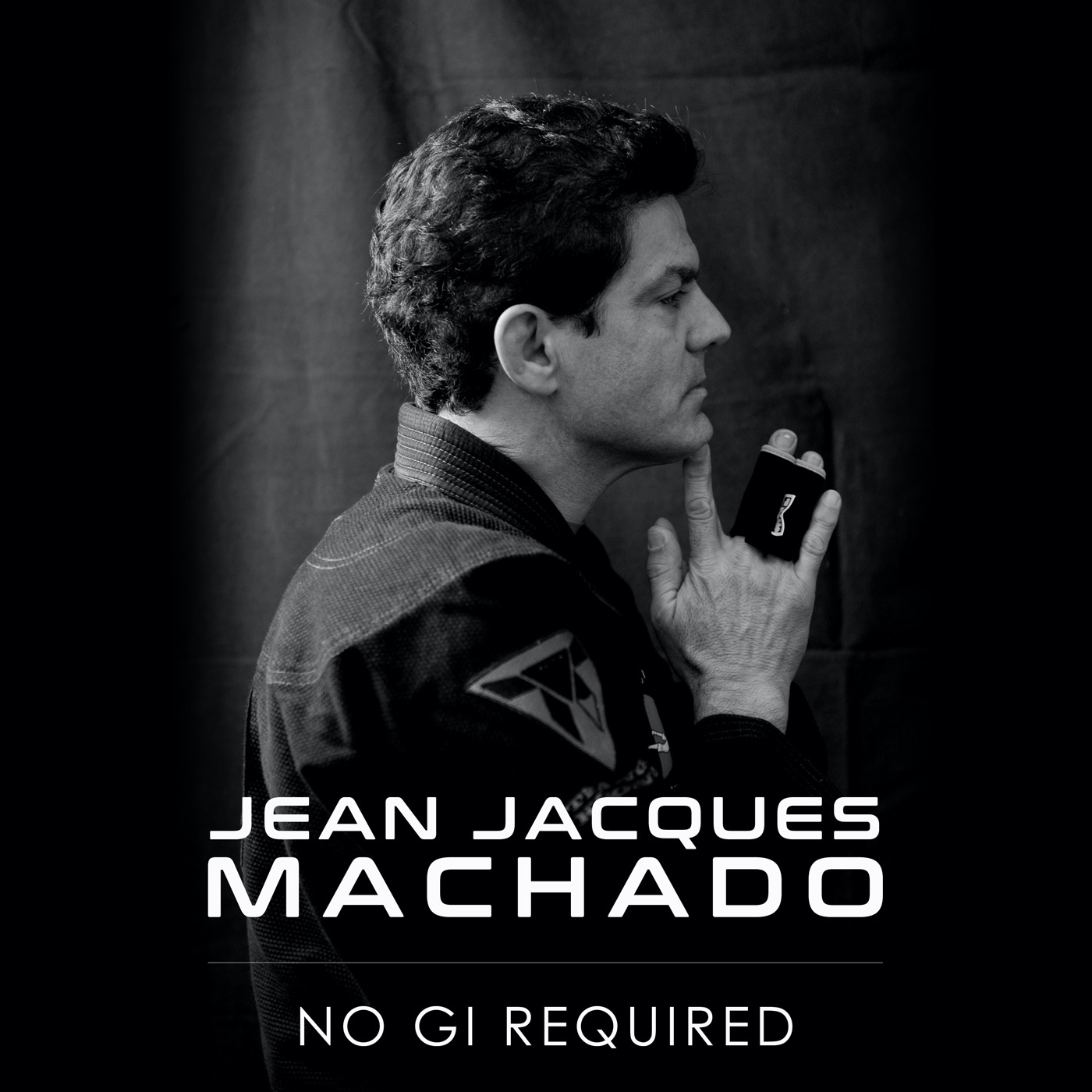
Jean Jacques Machado : No Gi Required
Jay Zeballos
Trauma Bonding
Jamie Kilstein
This Day in History
The HISTORY Channel
The Ben Shapiro Show
The Daily Wire
The Sean Hannity Show
Sean Hannity
Breaking Points with Krystal and Saagar
iHeartPodcasts
The Kyle Kulinski Show
Kyle Kulinski